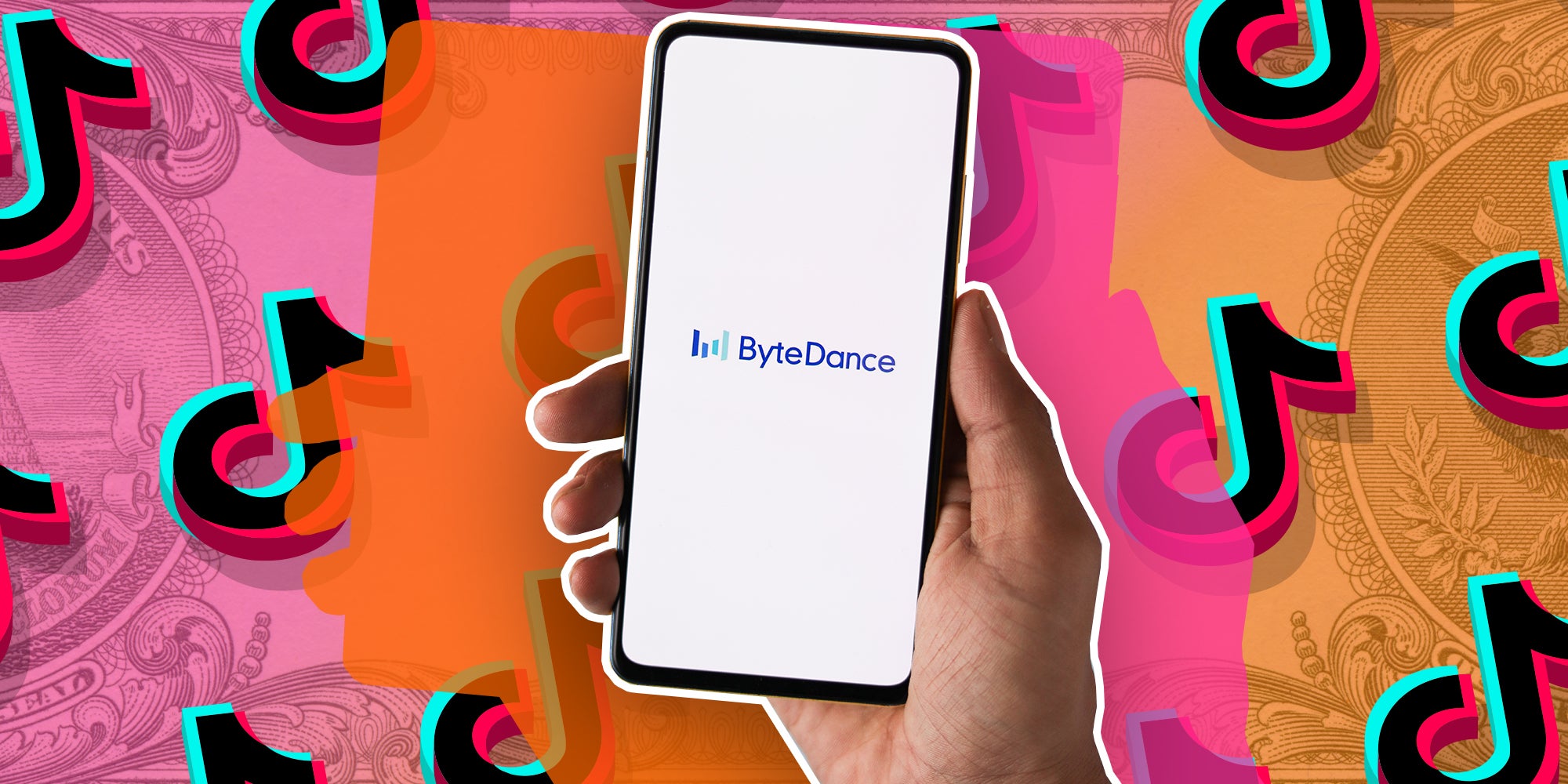
As President Joe Biden signs the TikTok ban-or-sell bill into law, ByteDance made its position clear. It isn’t letting TikTok go.
In an April 25 post on Toutiao, a Chinese social media platform ByteDance owns, the company refuted claims that it would bow down to legal pressure. ByteDance says it won’t sell its share of TikTok to a U.S. buyer, dubbing such statements “untrue.”
What is the TikTok ByteDance controversy?
In case you’re unfamiliar, last week, the U.S. House and Senate passed a bill that President Biden has signed into law. The bill gives ByteDance nine months (with a potential three-month extension) to sell TikTok to a U.S.-based company. If it fails to divest — or, in other words, sell its assets to a U.S. buyer — it will face a nationwide ban.
However, concerns remain about the feasibility of a sale. Government officials in China have said they will attempt to prevent it. Experts also estimate TikTok is worth over $100 billion, a hefty price tag. Those who can afford the app may attract antitrust attention if they attempt a purchase.
An April 25 article by the Information claimed that ByteDance was gearing up to challenge the proposed divestment in court. However, according to this article, ByteDance employees also had internal conversations about what would happen if the company lost the lawsuit. One idea purportedly floated around was the possibility of selling TikTok without its infamous For You Page.
ByteDance’s post on Toutiao features a screenshot of that article from the Information, with the Chinese character for “rumor” overlaid. In a statement to CBS News, TikTok explained why.
“The Information story is inaccurate,” TikTok noted. “The law Congress passed and the President signed was designed to have a predetermined outcome: a ban on TikTok.”
Why does the government want to ban TikTok?
While some lawmakers deny the new legislation is designed to ban TikTok, others have openly expressed their desire to ban the app.
Legislators and the FBI have said they are worried that China-based ByteDance could potentially gain access to U.S. TikTok users’ data. Per China’s National Intelligence Law, “any organization” is legally obligated to assist with gathering state intelligence. Similarly, China’s 2014 Counter-Espionage Law says that “relevant organizations … may not refuse” if Chinese authorities ask them to turn over data.
This means that, in theory, the company would have to comply if Chinese authorities asked ByteDance to turn over U.S. user data. At least, that’s the concern underpinning TikTok’s legal troubles.
Would ByteDance really hand over TikTok data?
Still, many experts have said there is little concrete evidence to suggest sensitive U.S. data is making its way to the Chinese government. The FBI itself has admitted the threat is hypothetical. Shou Chew, TikTok’s CEO, also claims that U.S. users’ data security concerns are unfounded.
This is because, purportedly, American users’ TikTok data is stored by Oracle, an external, U.S.-based contractor.
Still, concerns remain about past allegations of data leakages to ByteDance staff in China. TikTok also admits historical U.S. data hasn’t yet been migrated onto U.S.-based Oracle servers. However, Chew says that the company should complete this migration process — known as Project Texas — this year.




